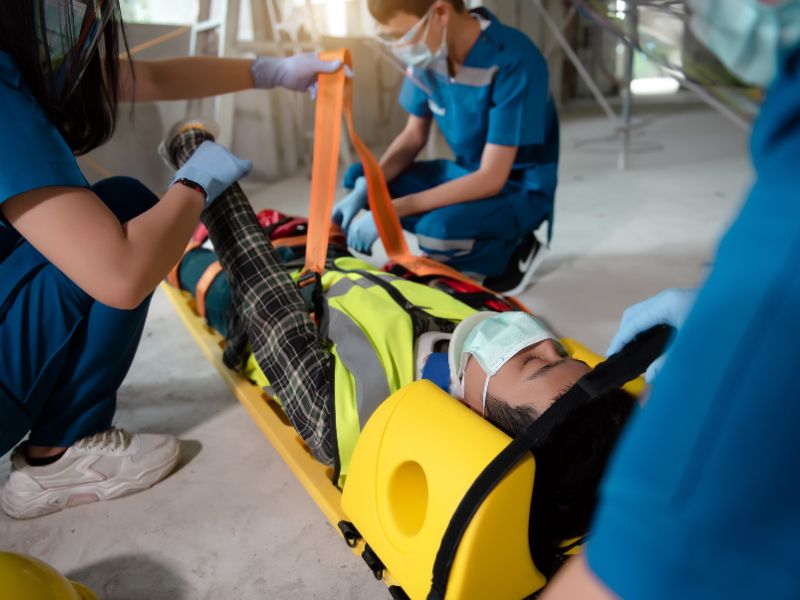
Advanced Training for Rescue Professionals
The Importance of Ongoing and Quality Training
For first responders, advanced and continuous training is essential to maintain high skills and provide effective responses to emergencies. Through such training, they can not only update previously acquired techniques but also learn about new technologies and innovate their methods of use.
Specialized Training Programs
A wide range of topics is covered in advanced training programs for first responders. From advanced cardiopulmonary resuscitation (CPR) to managing chemical and biological emergencies, there is nothing these courses do not touch upon. Often, they include realistic simulations from which participants draw lessons for situations that may occur in real life. For example, a paramedic course may also include modules on treating severe traumas, providing care to pediatric patients, or using specific medical equipment.
Utilization of Advanced Techniques
Technology is increasingly used in advanced training for first responders. High-fidelity simulators, Virtual Reality (VR), and Augmented Reality (AR) are all very effective tools and are increasingly used to give first responders the sensation of being in realistic situations. This way, they can practice in a safe and controlled environment, thus improving their skills and increasing their “operational agility.”
Collaboration and Knowledge Sharing
In advanced training, first responders have a strong sense of camaraderie and sharing. Opportunities such as conferences, workshops, and seminars where they can share their experiences, discuss “best practices,” and learn from others are crucial moments for their growth.
Certifications and Continuous Updates
As important as initial training for first responders is, they must always keep their certifications up to date through specific refresher courses. These allow first responders to maintain their knowledge of the latest guidelines and operational protocols. For example, CPR guidelines and the use of defibrillators are periodically updated, and professionals need to be informed about such changes to intervene effectively.
Advanced and continuous training is essential for first responders, ensuring that they are always ready to face any emergency with competence and safety. By investing in specialized training programs, using the most advanced technology, and encouraging collaboration among professionals, a significant step forward is made in responding to emergencies and saving lives.
Sources


